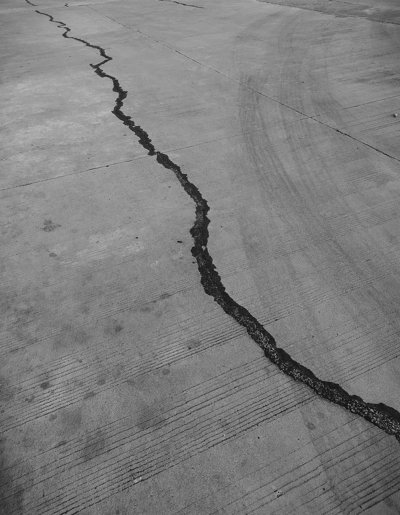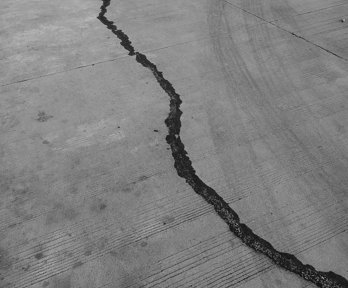Key words
-
Earthquake
-
Disaster
-
Object elicitation
-
Post disaster-return migration
Summary
The fieldwork for this project was undertaken by Stephanie Morrice as part of her PhD Research in the geography department of Royal Holloway, University of London. It took place between January and July 2012 in Christchurch, New Zealand following the February 2011 Christchurch Earthquake. The aim of the project was to explore how emotion motivates post-disaster return migration decisions. The project specifies the emotional intensity of the post-disaster situation, and, more specifically, the decision process itself.
Research techniques
A range of qualitative techniques were used to collect the data that include semi-structured interviews and interviews involving the use of object elicitation.
Stephanie’s research has focused on understanding residents’ understanding of and desires to return “home” following natural disasters. Initially working in Queensland, Australia, during July/August 2011 following the Queensland floods of 2010/11, Stephanie conducted 14 semi-structured interviews with Brisbane residents who were displaced by the flooding. On a second trip to Brisbane Stephanie conducted a further 39 interviews with displaced residents. These latter 39 interviewees also participated in object elicitation, as a way to explore the meaning of 'home' in the post-disaster context. It was these research techniques that Stephanie then employed with residents in Christchurch, new Zealand following the February 2011 earthquake.
The interview and object elicitation research offered insight into the emotional geographies of the displaced residents, the meaning of “return” in a post-disaster context, and the way in which “home” can be imagined, altered and constructed in this context.
Key findings
The research has highlighted the complex nature of decisions to return “home”. During the interview process it became apparent that loss and nostalgia are intertwined and that a desire to return to a place of familiarity and safety is driven by an emotional connection to the place they perceive as “home”. The reality of returning “home” to a place they no longer recognise and no longer feel a connection to can be traumatic. The object elicitation showed that objects play an important role in recreating ‘home’ following disasters. The objects themselves hold memories and connections to ‘home’ that are important in (re)creating a sense of familiarity.
Key topics and themes
This research will be particularly interesting to GCSE and A-level students studying the disaster management elements of tectonic activity or environmental hazards topics. Furthermore the use of qualitative research techniques will be of interest to students exploring a range of data collection techniques in preparation for skills based examinations.
Documents to download
-
Ask the Expert
-
Glossary
-
References
-
A Level syllabus links
About the author
Rachel Randle studied Geography at the University of Leeds and McMaster University, Canada where she completed a Masters specialising in Antarctic glacial sedimentology and undertook joint project work with the British Antarctic Survey. Her masters thesis investigated the pore water chemistry of Weddell Sea diamict. After completing a PGCE at Cambridge Rachel taught at Repton for six years and has recently moved to Marlborough College where she teaches Geography and is Contingent Commander of the CCF.
The researcher
Stephanie Morrice is a PhD Candidate in the Department of Geography at Royal Holloway, University of London. Her research interests concern disasters, the geographies of home and emotion, post-disaster populations and return-migration. She has previous research experience working with displaced Hurricane Katrina evacuees in New Orleans, Louisiana and Houston, Texas, where she investigated post-disaster issues of place-attachment, immobility and exclusion. Her doctoral project “Returning ‘Home’? The emotional geographies of the disaster displaced” is based in Brisbane, Australia and Christchurch, New Zealand, and explores the influence of emotion on post-disaster return-decisions.


